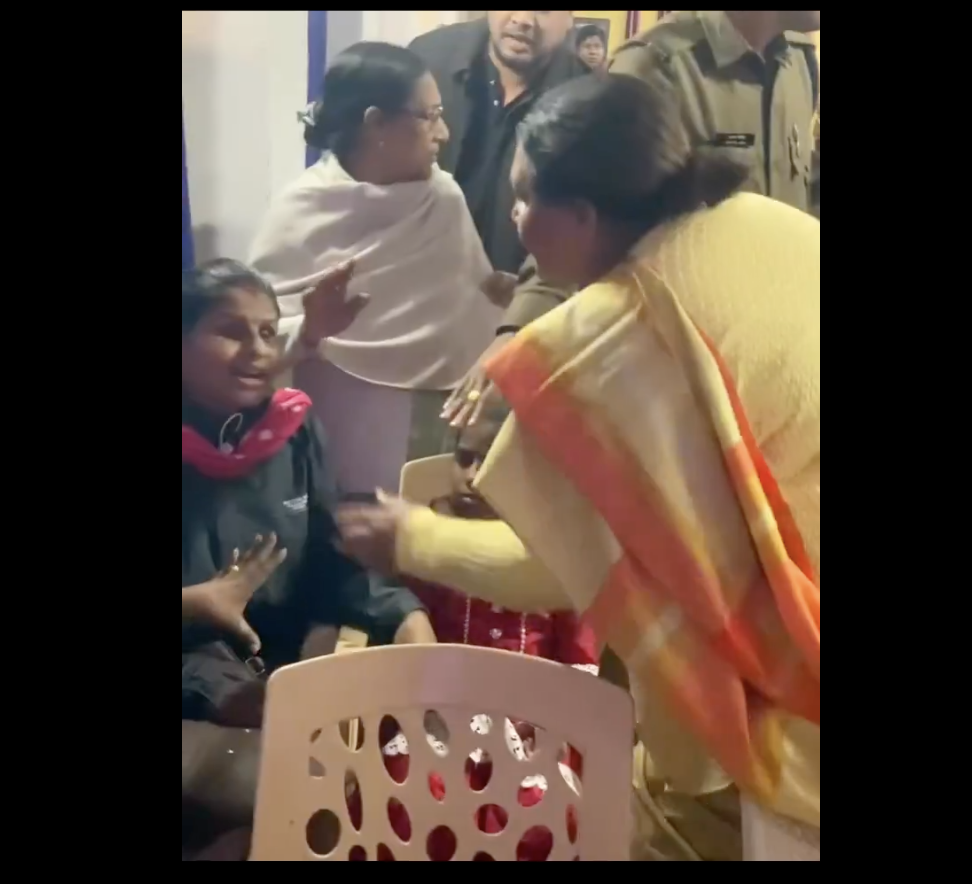
New Delhi: The Saket District Court recently discharged some students framed during the Jamia violence in 2019 during the massive anti-Citizenship Bill across the country, saying they were made ‘scapegoats’. However, the state has approached the Delhi High Court on the same.
While the prominent names among those discharged are Sharjeel Imam, Safoora Zargar and Asif Tanha, the eight students who had to face the brunt of a long legal battle, today, are either researchers, lawyers, journalists, or are pursuing their PhD from reputed universities in the country. Some work in the finest media houses in the country. With the battle that came their way, although they had a lot to lose, some of these students who NewsClick met, said they came out much stronger.
Rioter in eyes of State, now a PhD student
Shahzar Raza, 23, the youngest in his family, was back then a student of Jamia Milia Islamia and was pursuing his graduation. While he was attending a wedding back in the village in Bareilly in 2019, he received a call from Delhi police asking him to be present for an interrogation a few days later. Young Shahzar could not help but reach out to his father, who owns a small shoe shop in the village. Fortunately, his parents were brave enough to console him saying nothing would happen as he was innocent.
Soon came the summon, and as the court hearings began, things became even more difficult for him, as he had to start with his Master’s at Hyderabad University, far away from Delhi.
“This took an extra toll on me as managing the expenses of every month’s travel to Delhi alongside the regular food, lodging, and travelling in Hyderabad was a lot to bear at the age of 20,” he told NewsClick. Although Raza’s family was quite supportive in terms of finances, he had to take up freelance gig jobs while pursuing higher education to meet his expenses.
The case not just disturbed the regular life that one wants to lead, but also restricted these students from opportunities that would have taken them to new heights. In Raza’s case, he received an offer from a University in Australia in 2021, but could not go because of the case. “I would have been at Australian National University doing my Masters in Political Science had this case not been on my head. Things would have been much different,” he said.
Raza and some other students firmly believe that the reason they were targeted was because of the community they came from. “We were targeted because we were Muslims. Although one of our Hindu comrades was also charged, I believe it was solely because she was seen with us. Protests were done by everybody. But just see who were the ones to face the harassment?” Raza said.
The long-standing impact of the harassment has been something wherein the students like Raza have had to prevent themselves from being extremely vocal. There are times when they want to speak up, but the State’s actions have stopped them from doing so.
This story was originally published in newsclick.in . Read the full story here






